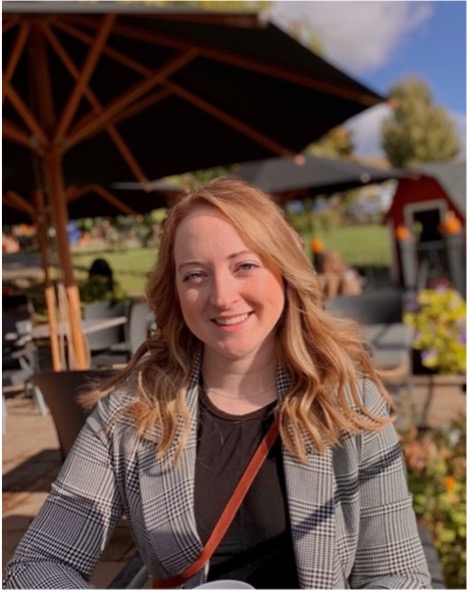Kara talks about her background and passion for creating discrimination free spaces and aspirations for the new human rights advisor role at UBCO.
 How has your background in law led you to the Equity and Inclusion Office? How will it help you navigate this type of work?
How has your background in law led you to the Equity and Inclusion Office? How will it help you navigate this type of work?
Before coming to UBC, I practiced as a litigation lawyer in the areas of labour, employment and human rights law. My education and experience gave me a thorough understanding of human rights law in British Columbia and Canada and allowed me to nurture a passion for working on nuanced issues involving discrimination.
Perhaps more importantly, my career to date allowed me to gain experience of working with people from diverse backgrounds. Each issue I dealt with was unique, and each individual I worked with brought with them a different set of lived experiences, expectations and desired outcomes. I am grateful to have that experience as it taught me that when dealing with complicated problems, different individuals will require different approaches.
As a human rights advisor, I am eager to work on more of these unique and often complex issues, knowing that there is no one-size-fits-all solution.
You mentioned that you like to bring a balance of compassion, creativity, and practicality to your work – how do you go about bringing this balance?
In many circumstances, raising discrimination concerns can be extremely difficult. When someone has the courage to bring those concerns forward, I want to recognize that and do what I can to support that individual, whether it be by creating a safe space for discussion, making sure that person has a good support network, or by taking further action to address their concerns.
That said, effectively addressing a concern can be challenging. There can be practical constraints in place that prevent an ideal outcome. In my work, my goal is to use creativity, collaboration, and out-of-the-box thinking to come up with new ideas to address problems or to make changes that allow us to work around or within those practical constraints. I think creativity is the key to finding balance between compassion and practicality.
What are your aspirations for human rights work at UBCO? And what are your hopes for the future of equity, diversity and inclusion at UBC?
I am optimistic about the future of EDI at UBC. That said, EDI is a journey with no end. There is always so much to learn, so much reflection to do, and so much room for improvement. My hope is that as an institution, and as individuals within that institution, we continue to learn, critically reflect and take meaningful action to make our systems more inclusive.
In my work with the Human Rights Advising team specifically, I hope to continue working towards the creation of a space where people feel comfortable raising concerns about discrimination. I want to eliminate barriers to seeking out human rights advising wherever possible, to ensure all voices are being heard. I also hope to create a space where decision-makers feel comfortable taking proactive steps to consider and to collaborate on human rights and EDI issues. I think opening channels for safe communication and collaboration is a great way to proactively capitalize on our institution’s collective knowledge and experience to improve EDI at UBC.
-
Get support with human rights
Learn more about UBC’s human rights advising support and the discrimination complaint process. If you have discrimination-related questions or concerns at UBC Okanagan, connect with Kara Ellison.
Drop by during office hours or request a consultation
Learn more